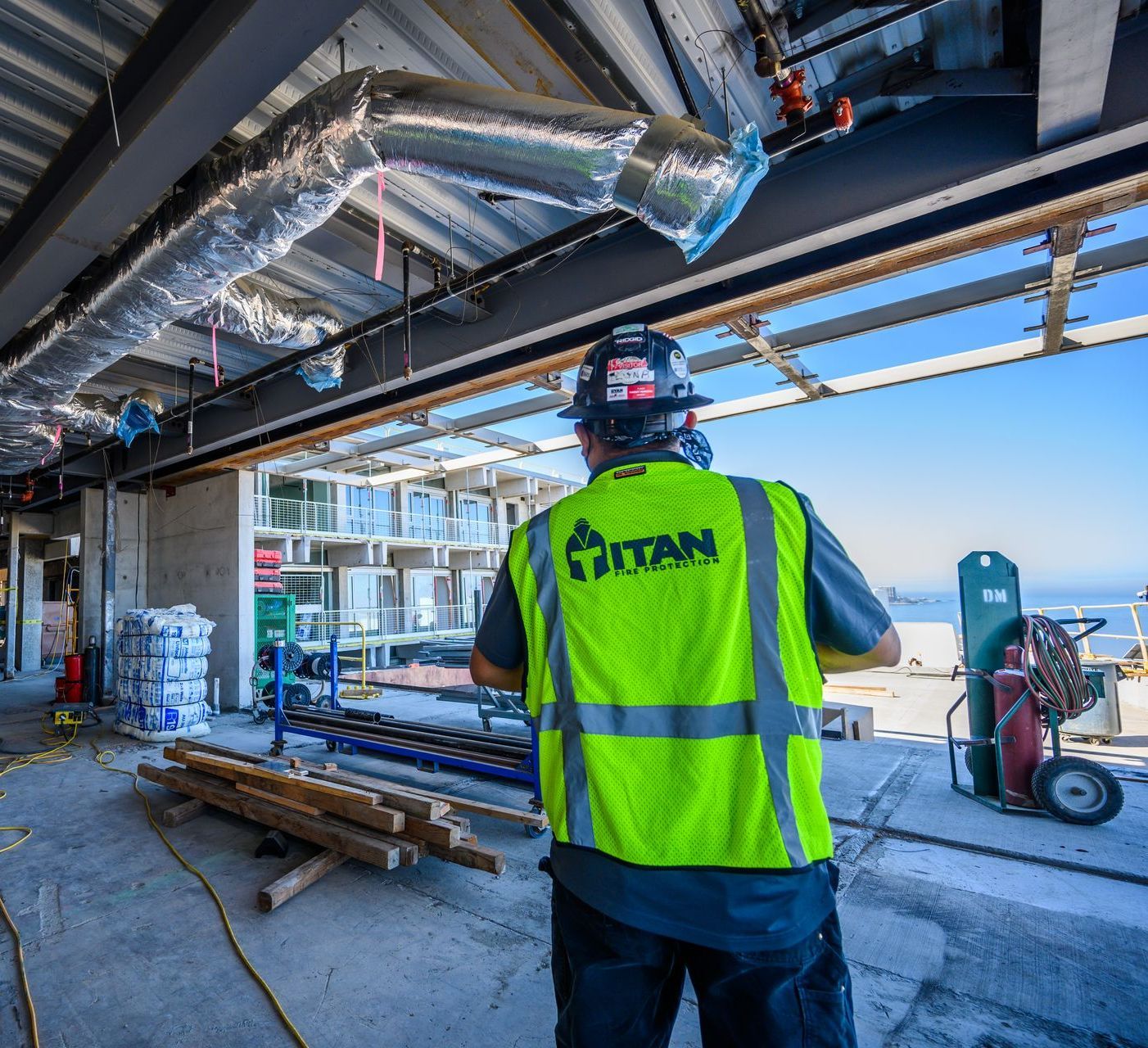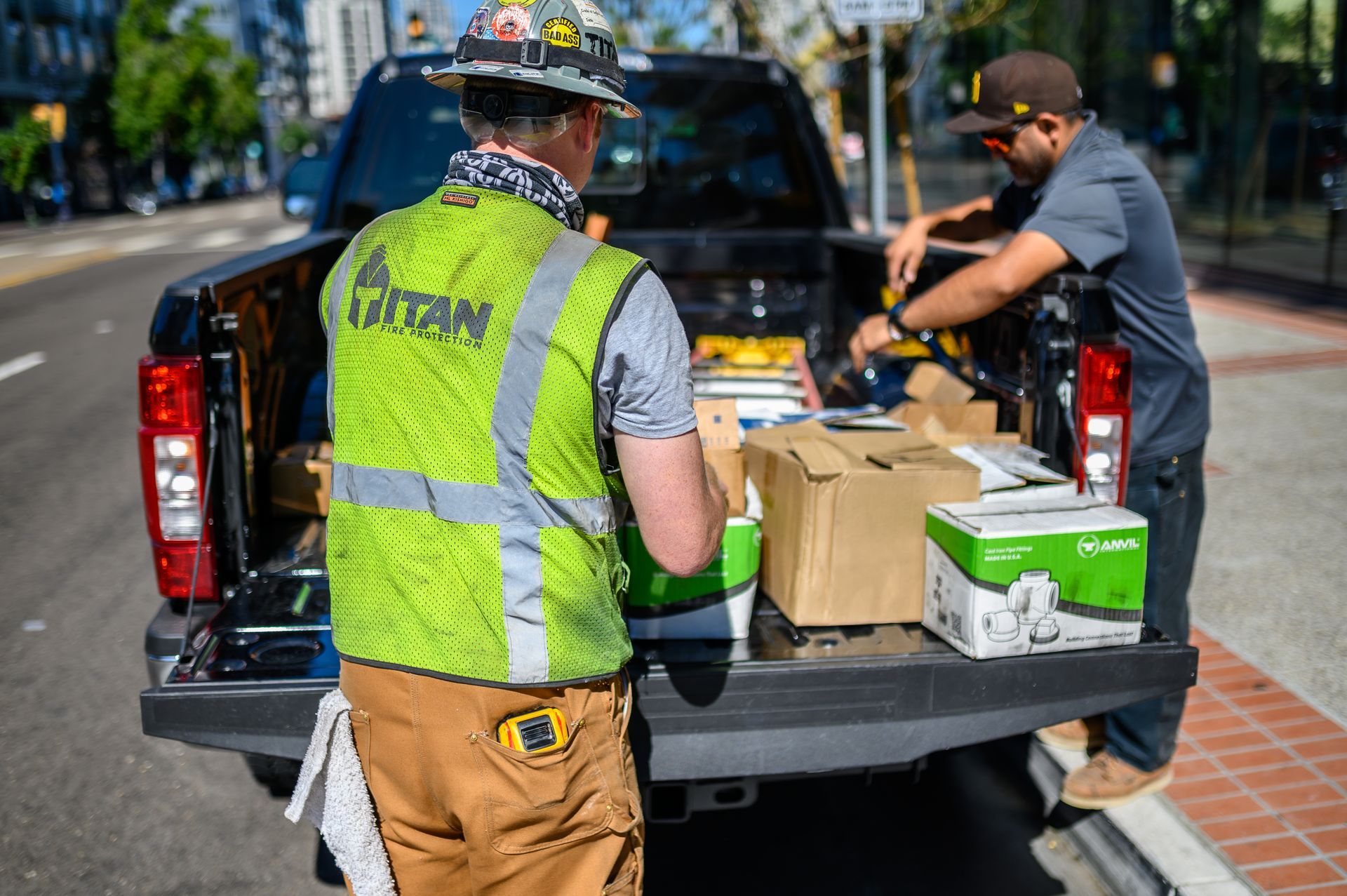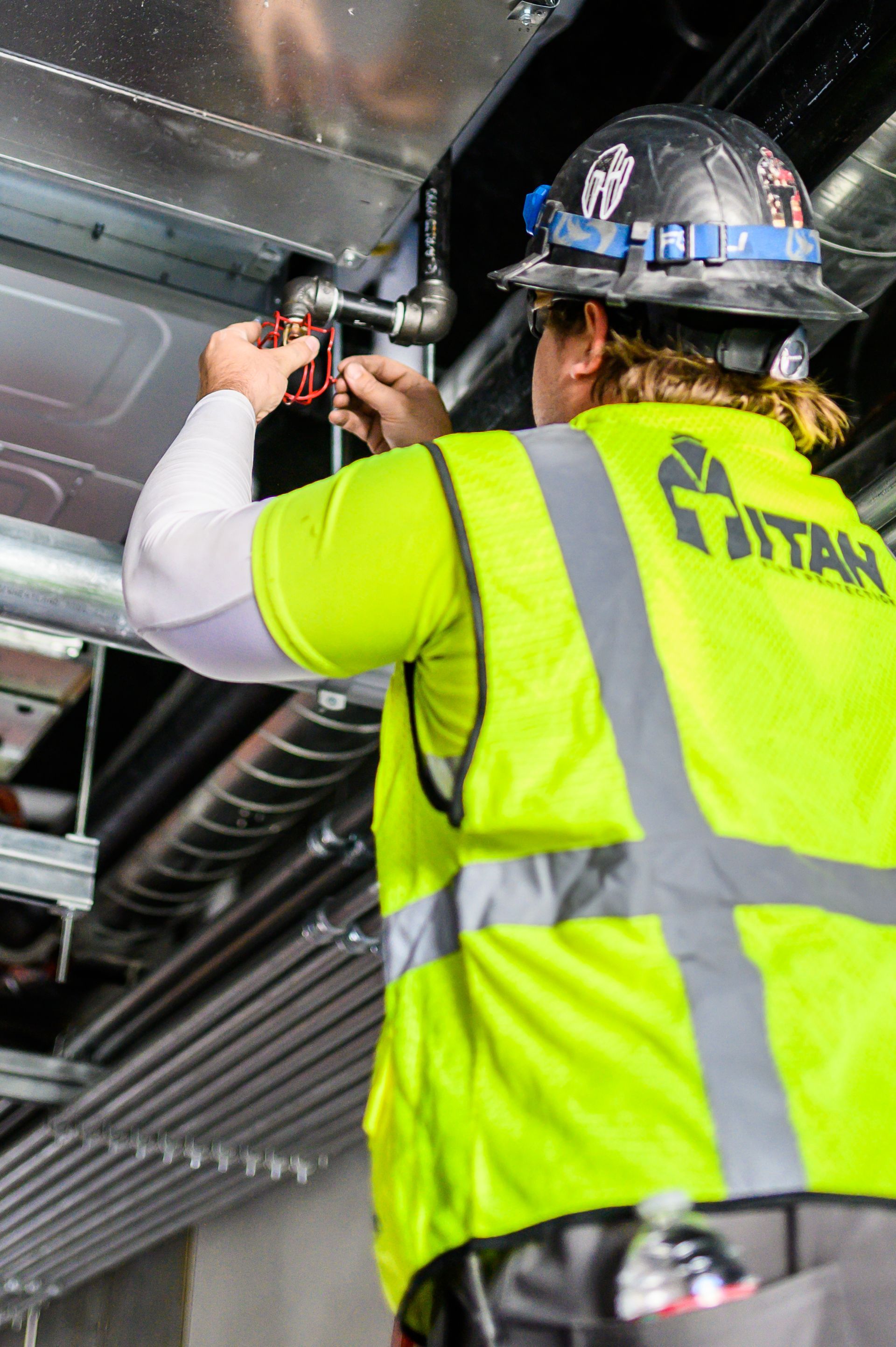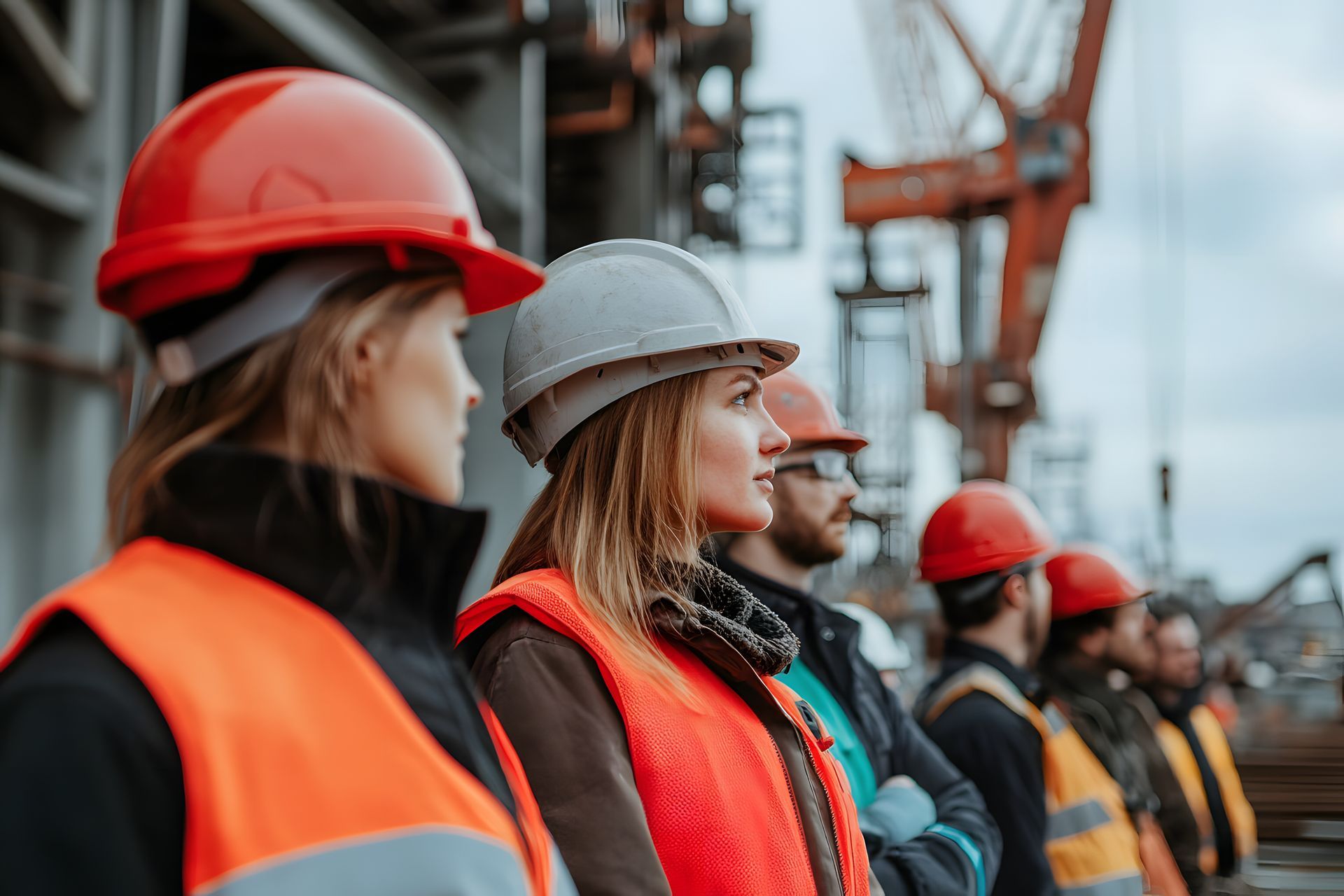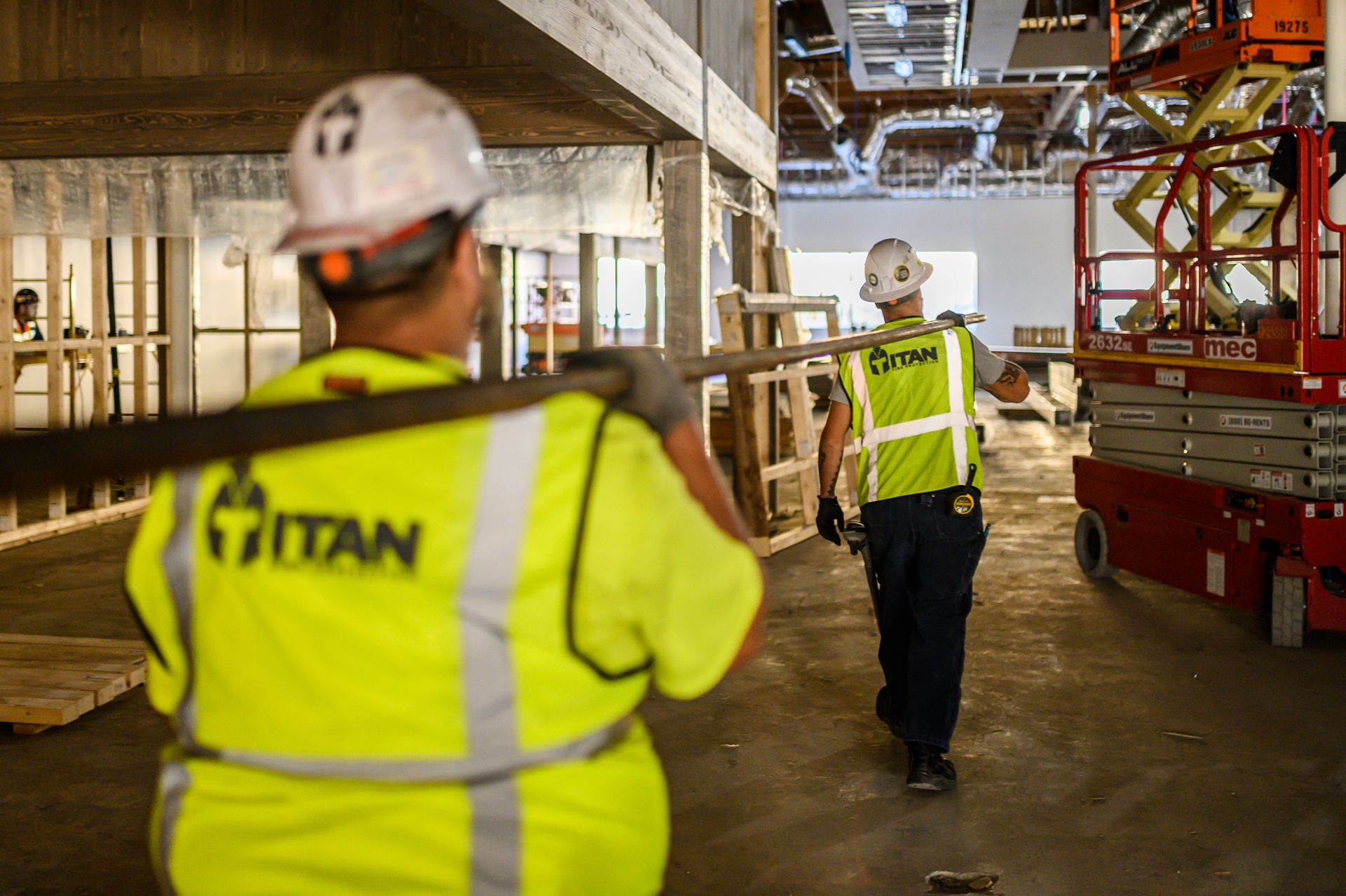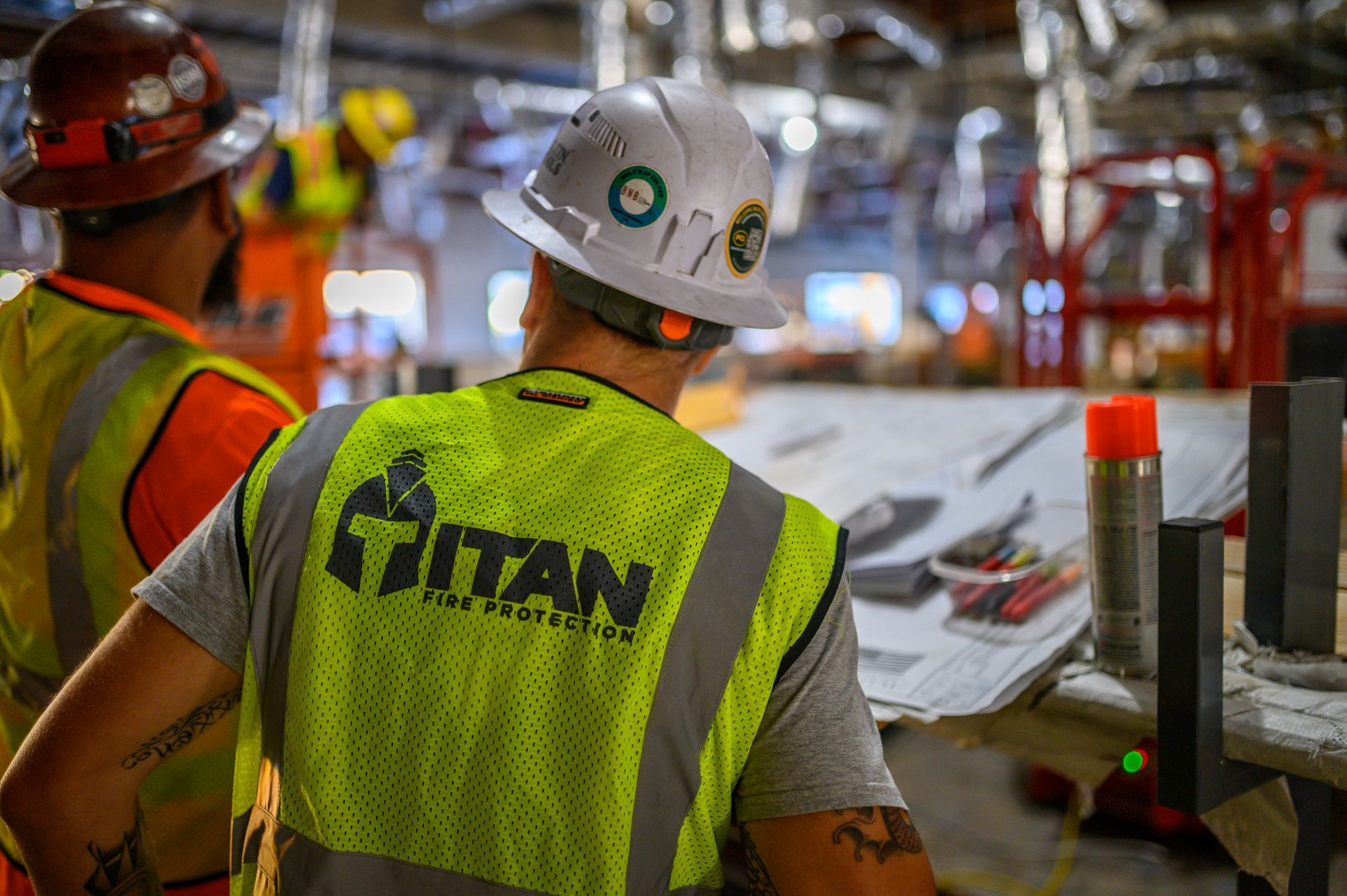Fire Suppression 101: Protecting Lives and Property Beyond Sprinklers
When it comes to fire safety, most people think first of traditional sprinklers. While sprinklers are a vital component of any fire protection plan, modern fire suppression systems go far beyond water-based solutions. From gas and foam systems to chemical agents, these technologies are designed to protect lives, safeguard property, and minimize damage in a wide range of commercial and industrial settings.
At Titan Fire Protection, we specialize in designing, installing, and maintaining comprehensive fire suppression solutions tailored to each client’s unique needs. Here’s what you need to know about fire suppression systems beyond sprinklers.
What Is a Fire Suppression System?
A fire suppression system is an engineered solution that detects and actively suppresses fires before they can spread. Unlike passive fire protection measures — such as fire-resistant walls or doors — suppression systems actively intervene to reduce fire intensity and protect people, equipment, and assets.
While sprinklers are the most common type, many facilities require alternative or supplementary suppression systems, especially where water could damage equipment or sensitive materials.
Types of Fire Suppression Systems Beyond Sprinklers
1. Gas-Based Suppression Systems
These systems release inert or chemical gases to displace oxygen or interrupt the chemical reaction of a fire, effectively putting it out without using water. Common applications include:
- Server rooms and data centers
- Laboratories and clean rooms
- Archival storage areas
Popular gas agents include FM-200, Inergen, and CO₂, all designed to suppress fire quickly while minimizing damage to equipment and electronics.
2. Foam-Based Suppression Systems
Foam suppression is ideal for areas where flammable liquids are present, such as fuel storage, chemical plants, or aircraft hangars. The foam:
- Forms a
blanket over the fuel to prevent oxygen from feeding the fire
- Cools surfaces to prevent re-ignition
- Minimizes toxic smoke compared to uncontrolled fires
Foam systems are versatile and can be tailored to specific risks, including Class B flammable liquids and industrial chemicals.
3. Chemical-Based Suppression Systems
These systems utilize dry chemicals or wet agents to interrupt the fire’s chemical reaction. Examples include:
- Dry chemical powders for commercial kitchens and industrial equipment
- Wet chemical systems specifically for
kitchen hoods, fryers, and cooking appliances
Chemical suppression systems are especially effective in high-risk areas where water or gas could be ineffective or damaging.
Why Fire Suppression Systems Are Critical
Fire suppression systems are not just about compliance — they are about safeguarding people, protecting assets, and reducing downtime:
- Life Safety: Automated systems detect and suppress fires before they can spread, giving occupants time to evacuate safely.
- Property Protection: Advanced systems minimize structural damage and protect critical equipment from water or fire exposure.
- Business Continuity: Reducing fire damage ensures operations can resume quickly, which is crucial for industrial and commercial facilities.
- Regulatory Compliance: Many industries are required by law to install and maintain appropriate suppression systems to meet OSHA, NFPA, and local fire codes
Designing the Right System for Your Facility
Not all fire risks are the same. At Titan Fire Protection, our team evaluates your facility’s unique hazards, including:
- Occupancy type
- Flammable materials or sensitive equipment
- Room size and layout
- Environmental concerns
From this assessment, we recommend the optimal combination of sprinklers, gas, foam, or chemical suppression systems to provide maximum protection.
Maintenance Matters
Even the best system is only effective if it is
properly maintained. Regular inspections, testing, and service are critical to ensure your suppression systems are ready to perform when it matters most. We offer
full-service maintenance programs to keep your equipment compliant and fully operational year-round.
Protect Your People and Property Today
Fire is unpredictable, but
preparedness is key. Whether you need a comprehensive sprinkler system, gas-based suppression for sensitive equipment, or specialized chemical solutions for commercial kitchens, Titan Fire Protection has the expertise to design, install, and maintain a system that meets your exact needs.
Schedule a consultation and ensure your facility is equipped with the right fire suppression system for maximum safety and protection.
